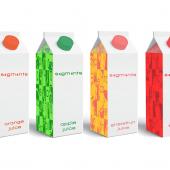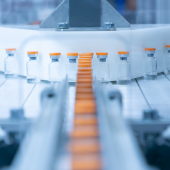Creativity, innovation and sustainability: the spirit of Enoplastic
The development of creative, innovative and at the same time eco-sustainable closure solutions are the pillars on which the mission and the promise of Enoplastic, undisputed reference point in the production of capsules and closures for wines and spirits, are based.
The theme of sustainability has long been a key topic for the group, so much so that the company has been investing for years in processes, materials and research in order to offer aesthetically and technically advanced and, at the same time, sustainable solutions.
«When it comes to sustainability - explains Michele Moglia, CEO of the group - our goal is to offer closure solutions that are attractive, innovative, high-performing and with a reduced environmental impact, which for us means improving all industrial processes by reducing carbon dioxide emissions into the atmosphere».
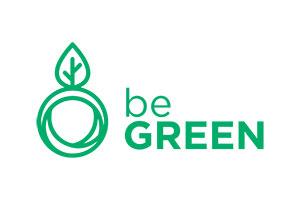
#BeGreen. In light of this commitment, Enoplastic recently launched a wide-ranging program called #BeGreen, which consists of developing a series of initiatives that embrace both industrial and social issues, thus expanding the meaning of sustainability.
«Thanks to the program we want to raise awareness among all Enoplastic employees and collaborators, orienting them towards ecological issues for the respect of the environment, so that the concept of sustainability is part of the corporate culture, becoming a value and a lever towards virtuous behaviors and ecological solutions».
The #BeGreen project was therefore created with the aim of involving people by giving space to small or large projects collected within the organization and that respond to the concept of circular economy, recycle and sustainability.
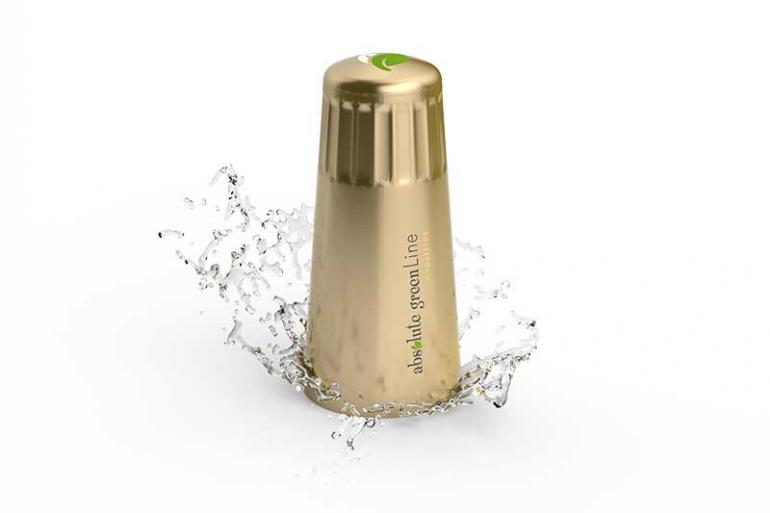
Working for the environment
To a market sensitive to these issues, Enoplastic offers solutions that are the result of research and development on materials and techniques with reduced environmental impact.
PET+. In line with this thought, one of the latest innovations is PET+ designed for heat-shrinkable capsules. PET+ is the “green” alternative to PVC because it is made with 20% recycled material from the recovery of plastic waste. This technology is the result of years of research into materials, decoration techniques and production processes: three absolutely fundamental and interconnected phases to offer a stable and consistent product over time.
«To reach this goal - Moglia specifies - we have worked with strategic suppliers for the procurement of raw materials that meet specific characteristics. Then, internally, we improved the printing processes in order to offer increasingly personalized products. Finally, but of absolute importance, we have developed specific machinery capable of guaranteeing constant production».
Let’s not forget, in fact, that all Enoplastic’s forming machines (i.e. the equipment used for the production of the finished capsule starting from reels of stretched material) are the result of an internal know-how, which started more than 60 years ago and has always been oriented to satisfy an increasingly demanding market.
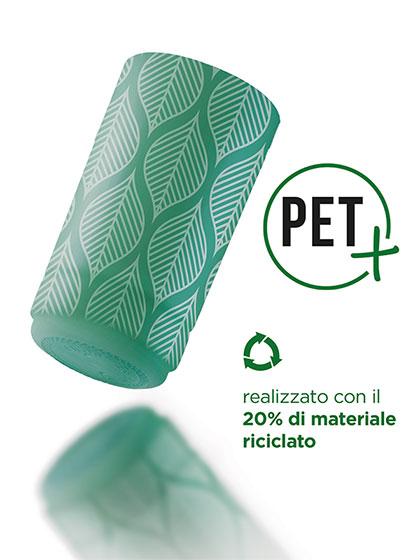
Development of “green” products
Enoplastic proposes a “green” solution also in polylaminate studied in particular for the world of sparkling wine, for still wines with a medium/high positioning and for spirits.
DERMA. Long part of the company’s portfolio, DERMA is an exclusive polylaminate, whose key feature is the total absence of glue typically used to couple the materials (aluminum and polyethylene) that make up the traditional polylaminate.
This innovation, now fully consolidated and highly appreciated by both the wine industry and the world of distillers, ensures the reduction of the weight of the capsule with the consequent reduction of the carbon footprint calculated at -9.76%.
AGL - Absolute Green Line. A more recent story concerns the introduction of a new polylaminate, also designed for the packaging of sparkling wines, but this time produced with some organic components. We are talking about AGL - Absolute Green Line, realized with a PE of vegetable origin because derived from sugar cane and decorated with water based (and not solvent based) inks, thus reducing the use of fossil sources. This extraordinary material ensures a further reduction of the carbon footprint and is available for the production of capsules for high-end sparkling wines looking for a super luxury positioning. AGL is therefore one of those new materials that enrich Enoplastic’s offer following the agreement with the French group Sparflex, which dates back to 2019.
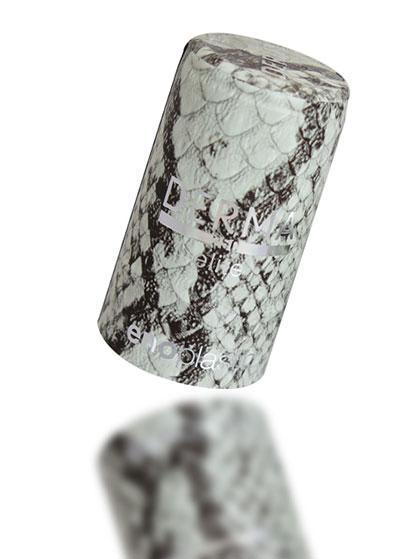
Sharing experience and technology
«Thanks to this acquisition - Moglia points out - the group has expanded its product range, aiming to be closer to the markets. The sharing of human and industrial resources actually consolidates our ability to innovate, to be a listening and propositional force, giving access to an increasingly creative offer that is better suited to the needs of our customers, but it also testifies to the group’s dual “essence”: we are international while at the same time remaining local and close to producers».
In this regard, Michele Moglia adds:
«Working in close contact with the most important groups in the world of wine and spirits, as well as being in contact with local wineries and distilleries, has confirmed to us that the demand for more ecological capsules is clearly growing. We are committed to being the ideal partner for providing sustainable closure solutions, and for this reason we are continuously investing in Research & Development. We’re excited about a new project that involves the use of recycled material. We’ll tell you about it soon…».
Objective: circularity
For the moment, Moglia is not revealing anything else, other than the enthusiasm for a new development that will be available in 2022 and that is once again on the cutting edge, capable of fully responding to the themes of circular economy with the recovery and reuse of certain materials, to bring them back to new life.
The focus therefore remains on the concept of circularity, thus avoiding the exploitation of limited natural resources, in favour of a recovery of materials.
In line with this vision, even the visit to the company tells about Enoplastic’s commitment to sustainability.
Solvent recovery plant. Among the many details, first and foremost is the ultra-modern solvent recovery plant installed at the Italian headquarters in Bodio Lomnago in the province of Varese, the group’s headquarters. Once again, the engineering skills of the people who took part in the project made it possible to put into full operation a plant that makes it possible to “distill” the solvents used during the printing phases of the materials, reusing them several times in the production cycles, thus drastically reducing their disposal at the end of their life as special waste. The result? A further reduction of the industrial impact on the environment.
Pe.Di joins Enoflex group
Following the merger with French group Sparflex, Enoflex (Varese, Italy), a world leader in the production of closure solutions for wines and spirits, is expanding its portfolio with the acquisition of the entire share capital of Pe.Di.
The agreement opens up new prospects in international markets and strengthens the group’s position in Italy, where it operates under the brands Enoplastic, Sparflex, Le Muselet Valentin, Rivercap, Vintacap, Maverick and now Pe.Di.
Pe.Di has been supplying high-quality bottle closures since 1982, including crown caps and bidules for second fermentation, crown caps for sparkling wines, beers and soft drinks, and the Pedistrip® tamper-evident closure system. Founded in Ivrea in 1982, the company has 40 employees and operates two production sites in Italy (Ivrea and Turin) and one in France (Pierry). In 2020 it posted a turnover of around €9 million, 80% of which was generated in foreign markets.
Enoflex has 950 employees and 11 production sites in Italy, Spain, France, the United States, Australia and New Zealand. The group reported a turnover of €180 million in 2020 and sells its products in more than 70 countries worldwide.













